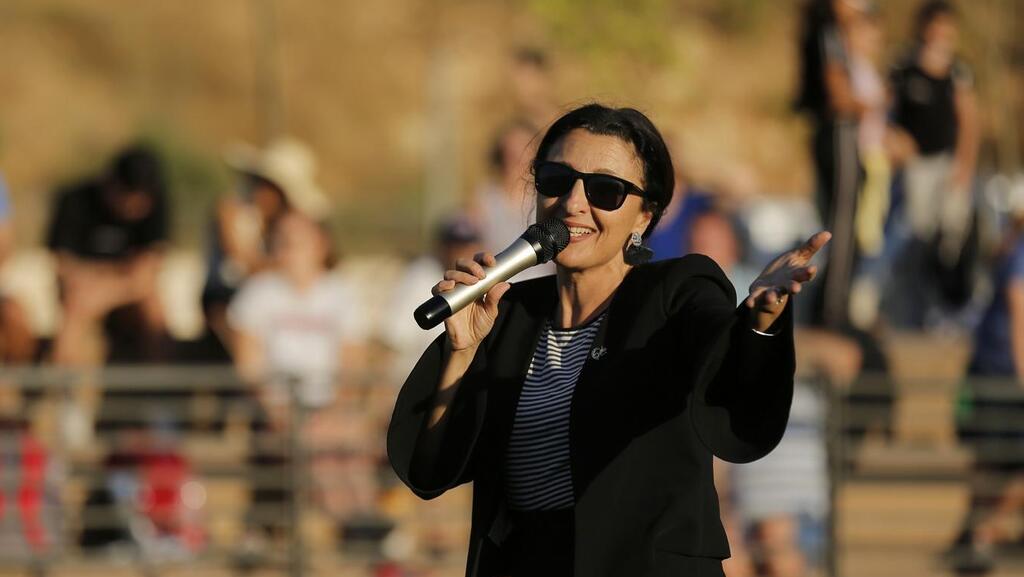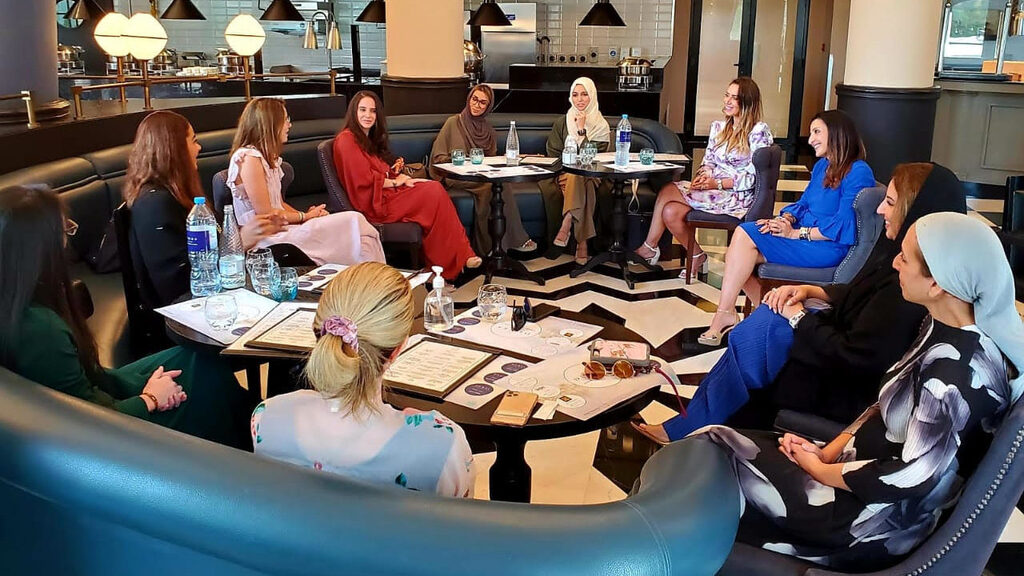Getting your Trinity Audio player ready...
The newly established Gulf-Israel Women’s Forum has kicked off, with participation by the first female Emirati life coach; a deputy mayor of Jerusalem; a Hebrew-literate Emirati who is co-authoring a kosher cookbook; and a professor of international relations at the Interdisciplinary Center Herzliya.
The forum can be traced back to Fleur Hassan-Nahoum.
Hassan-Nahoum wears many hats. She is the deputy mayor of Jerusalem holding the foreign affairs portfolio and a strong vocal initiator who, among her achievements, co-founded, with Israeli businessman and entrepreneur Dorian Barak, the UAE-Israel Business Council.
That online platform was set up in June. Today, there are more than 2,200 members. The Gulf-Israel Women’s Forum is an offshoot of the council.
Hassan-Nahoum was born in London and raised in Gibraltar. She has a law degree from King’s College London and is a barrister.
She enlisted longtime friend and colleague Justine Zwerling, a founding member of the Jewish Women’s Business Network, to set up the forum.
Zwerling is head of capital markets for the London Stock Exchange in Israel and held a Jewish Women’s Network event at the London exchange last year. That is where the idea for the forum was born.
The goal was to create a place where there could be a solid exchange of cultural and business ideas.
“I love this place," Hassan-Nahoum says of the UAE. "Things are just done well here. Building, high-tech centers, financial centers – everything is so beautifully done.”
Hassan-Nahoum sees a wealth of mutual benefits for Israel and the UAE, particularly in the areas of tourism and technology, and expects Israeli products to benefit that country.
She credits the recent signing of the Abraham Accords between Israel and the UAE, and Israel and Bahrain, for leading the way.
“Building a warm peace is about people to people,” Hassan-Nahoum says.
The first face-to-face meeting of the Gulf-Israel Women’s Forum took place last week in Dubai at Dukes The Palm, a Royal Hideaway Hotel, where one dozen Israeli and Emirati women gathered to discuss life, work, motherhood and the future.
“We didn’t know it would happen and didn’t see it coming. We’d all been thinking about it, hoping for it, praying for it,” says Emirati life coach Ghada Zakaria.
“To see it happening in my country – we’re sitting together having a meal, connecting just as women, sharing our experiences and our backgrounds and sharing very similar backgrounds in a way just as human beings – was incredibly inspiring,” she says.
Zakaria has just completed filming 15 episodes of the television program Bukra Ahla (“Tomorrow Will Be Better”) in which she coaches families through difficult times during the coronavirus pandemic.
A Lebanese director, Farah Alameh, was seeking someone to co-create these episodes where, according to Zakaria, “we get people who would volunteer to come up with what [has been] challenging for them” during the pandemic.
“It was bringing to life how people coped or didn’t cope, and what their challenges were. Farrah Alameh chose me as the coach, looking to realize and showcase the true, authentic approach of coaching. The idea was to differentiate from the traditional therapy approach,” Zakaria says.
“The episodes are unscripted in my house as well as in real people’s homes and have begun airing on Abu Dhabi TV. One episode is entirely in English as people are multicultural,” she says.
“I was already volunteering my time and efforts to help people in the community and to help our neighbors … because we are all obviously going through the same thing.”
Zakaria, a mother of three and grandmother of four, grew up in the UAE but attended foreign schools.
“I went to private British schools and then continued my studies in New York. So actually, we speak more fluent English than we do our mother tongue, Arabic.”
(Emirati life coach Ghada Zakaria has made a series for Abu Dhabi TV)
Zakaria says: “I’m the first Emirati certified coach in the Middle East and one of the first women” in the field in which she has worked 16 years.
Zakaria shared her story with the women’s forum. When she finished her leadership program in Spain 10 years ago, she read Emery Reves’ Anatomy of Peace, a book that touched on the Middle East conflict and suggested putting people in a classroom to facilitate communication and trust. People from conflicting places ended up becoming friends and seeing the other’s perspective.
“I remember reading the book and saying, ‘My God, can you imagine if we actually have this happen? My first encounter with a Jewish friend was in a small college called Wagner that I attended in 1985 before attending Pace University,” she says.
“We used to have engaging conversations, trying to get to know each other culturally and [our] backgrounds. And he was equally as curious [about me] as I was about him. It was such a nice and important moment for me because it was the first time to ever meet somebody who was Jewish.”
Daphné Richemond-Barak, an assistant professor at the Lauder School of Government, Diplomacy, Strategy of the Interdisciplinary School Herzliya (IDC), was one of the Israeli women invited to participate.
Richemond-Barak, who is of French Jewish origin, had been in the UAE before, trying to forge academic collaboration.
"I was trying to create ties and a tight academic cooperation … between the UAE and Israel, and of course, with IDC in particular. I was already excited. I already wanted to do this before the normalization of relations, which I like to call a warming of the relationship," she says.
6 View gallery
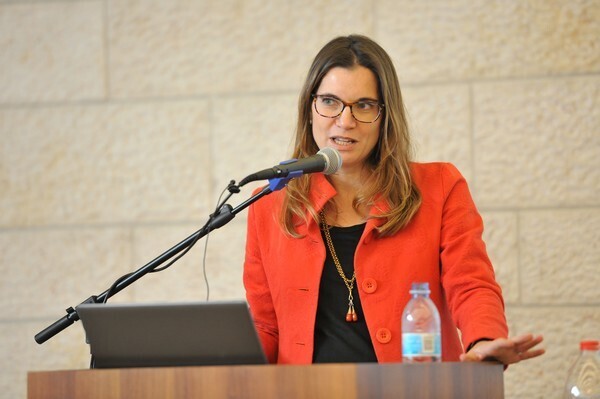

Daphne Richemond-Barak, assistant professor at the IDC
(Photo: courtesy Minerva Center for Human rights)
“We have to create relationships to create trust. I think there may be a tendency, or maybe it has to do with excitement too, in light of all the possibilities, to want to do this very quickly. And I take the approach of going step by step,” she says.
Like Hassan-Nahoum, Richemond-Barak sees the UAE as an amazing country Israel can learn from; one with plans and strategy.
“I’m in awe of the Emiratis," she says. "They are welcoming. They are tolerant, open-minded, and they are opening their hearts. It’s not everyone of course, [but] … you feel it is possible to make a peace where the people are involved, and not just the governments.”
Aside from teaching international law, Richemond-Barak, who holds a master’s degree in counterterrorism, is also a senior researcher at the International Institute for Counter-Terrorism with a focus on security and modern warfare.
She seeks to enlist UAE writers to study counterterrorism so that they can “enhance their understanding of Israel’s position and most importantly gain knowledge of one of the world’s main sources of insecurity.”
“I’ve been pleasantly surprised at how willing they are to talk about counterterrorism, not just extremism. … We might think that the UAE is a flourishing country living at peace. But they are careful and they are aware of their surroundings,” she says.
6 View gallery
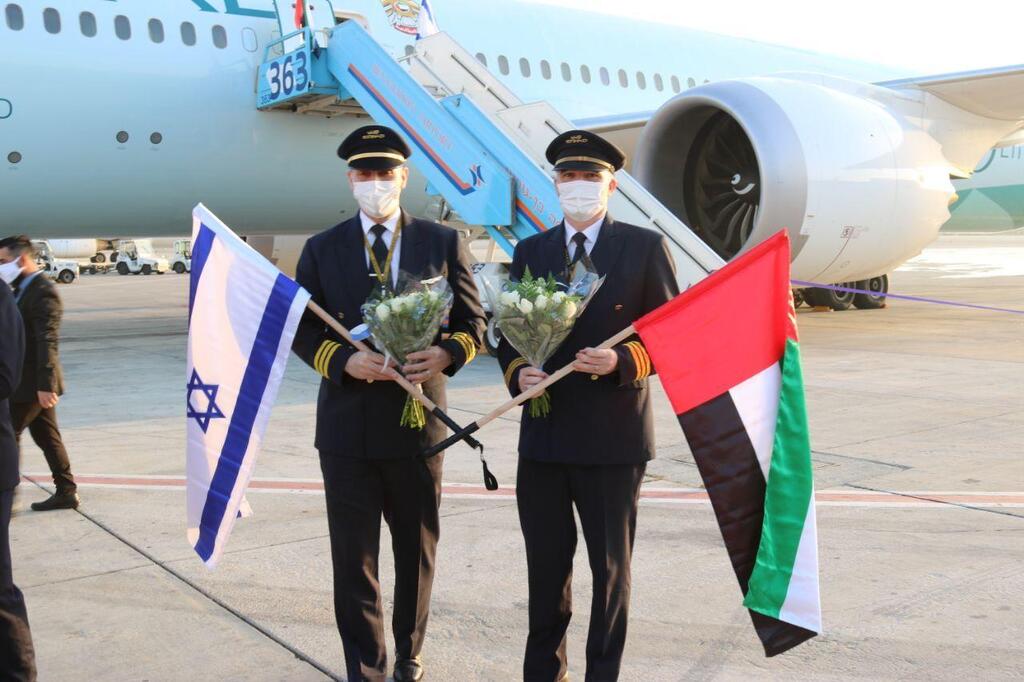

The crew of an Ethihad plane that brought Emirati officials to Israel this week on the runway at Ben-Gurion Airport
The UAE, like many other Gulf countries, is concerned about the motives of Iran, which has proxy fighters in a number of countries including Yemen.
“They [the UAE] reinstated mandatory military service a few years ago. I think it was 2014. They want to be prepared in case you have a conflict. So, I find the Emirates to be a nation that is very aware of both the incredible chance and opportunities that are here, that their leaders have created for them,” Richemond-Barak says.
“UAE leaders enjoy a level of legitimacy that can appear surprising to a European or to an Israeli. Emiratis have placed their faith in leaders they trust: they have seen what their leaders have done for them and believe they will continue to care for their people,” she says.
“We share values, the respect of others and traditions, both working Sunday through Thursday and off Friday. Similar to the Jewish Sabbath, families get together on Fridays at each other’s homes for large meals. Some have 100 people.”
May Albadi just completed a video ad for the Twitter account of her national newspaper, Al-Ittihad. It was subtitled in Arabic, and she read it in perfect Hebrew. The ad was aimed at the Israeli market to showcase the UAE and send a message of peace welcoming them.
May Albadi's video for Al-Ittihad newspaper
Born in Abu Dhabi, with degrees in media and communications and an executive master’s degree in business administration, Albadi said she has been learning Hebrew for more than a year.
Albadi, who meets lots of people from different cultures and backgrounds, has Israeli friends from the US. So, it was not surprising that she reached out to Elli Kriel, who has cornered the kosher market in the UAE.
“I saw her on Instagram, and I said, ‘She has challah bread,’ and I’ve always had challah bread in New York.”
Elli delivered the challah to May early on a Friday evening. “I thought it was so nice of her to deliver it to me, knowing that was right before her Sabbath.”
Reciprocating the favor, Albadi put together a special weaved basket made from dried palm leaves and containing dates and put a card in it that said “Shabbat Shalom.”
“When she came, she handed me the challah bread, and I handed her the basket of dates. Instantly, I felt a cultural exchange. We met a couple of times for coffee.”
6 View gallery
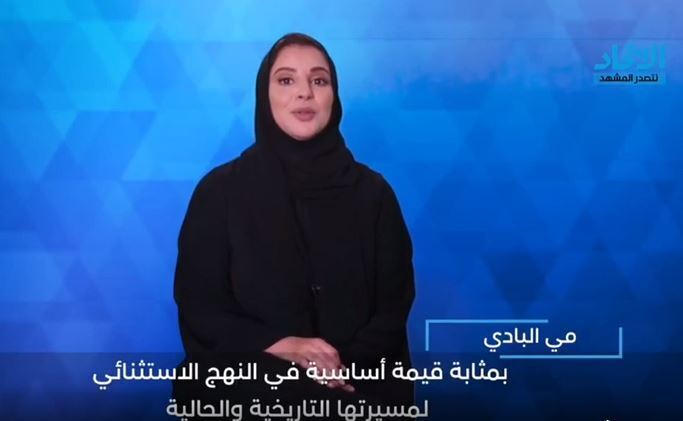

May Albadi speaking in Hebrew for a video by Al-Ittihad newspaper
(Photo: Screenshot)
“I’m a foodie and have done a lot of research on foods from different religions and traditions, including the Jewish holidays,” Albadi said.
This is how the Kosherati book-in-the-works came to be, combining local spices and produce with Jewish and Emirati traditions.
“On Hanukkah, you would make or buy sufganiot (jelly donuts). We have something similar called gaimat, which is a fried ball. It doesn’t have a filling but is drizzled with a date syrup called silan.” Kriel is her coauthor.
Albadi said she felt honored to participate in the first meeting of Israeli and Emirati women.
“It was like a family reunion,” she said. “It feels like I have known them for a long time. It feels like they’re real family.”
What’s the next step?
“To visit Israel. For me as a foodie and a person who loves cultures, I want to explore all of Israel. I want to try all the food, whether it’s Miznon, a popular restaurant, or shakshouka. I’ve already done my research. I know exactly where I’m going to go,” says Albadi.
6 View gallery
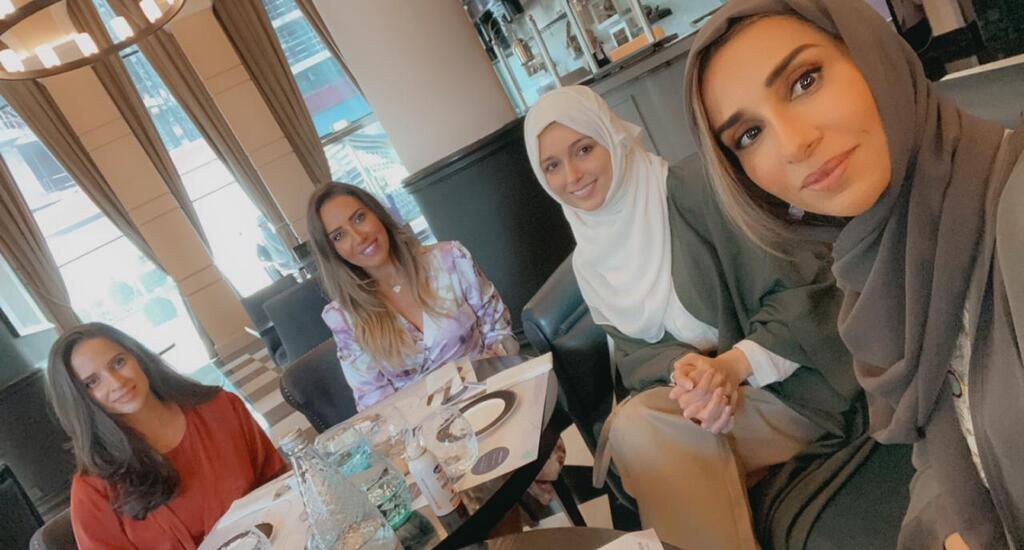

Members of the Gulf-Israel Women’s Forum, among them Amina Al Shirawi, Latifa Al Gurg, and Hanna Zakaria, meeting in Dubai
(Photo: Courtesy)
Hassan-Nahoum is back in Jerusalem and dreaming up her next steps. She said she felt that east Jerusalem could be the research-and-development hub of the Middle East and that the younger Arabic-speaking generation is a natural bridge to the Gulf.
“The ultimate purpose is to build a warm peace that can transform our region and bring prosperity to better people’s lives. I think when you have a group of women this can happen very quickly. And the first meeting was so memorable. I can’t even explain it to you. There was so much generosity, and love and compassion in the room that was activated,” says Hassan-Nahoum.
“These are exciting times, and it is an enormous privilege to be part of history in the making. And to be able to contribute is an absolute gift,” Zakaria says.
Meanwhile, Richemond-Barak sees women leading the charge for coexistence.
“A lot of women are really excited about this peace, they are educating their children, and you know women drive a lot of these changes. These women are extremely strong and are educating their children to tolerance. It’s often behind closed doors," she says.
Albadi agrees. “As soon as they open [up the] flights, I’ll be on the first one,” she says.


